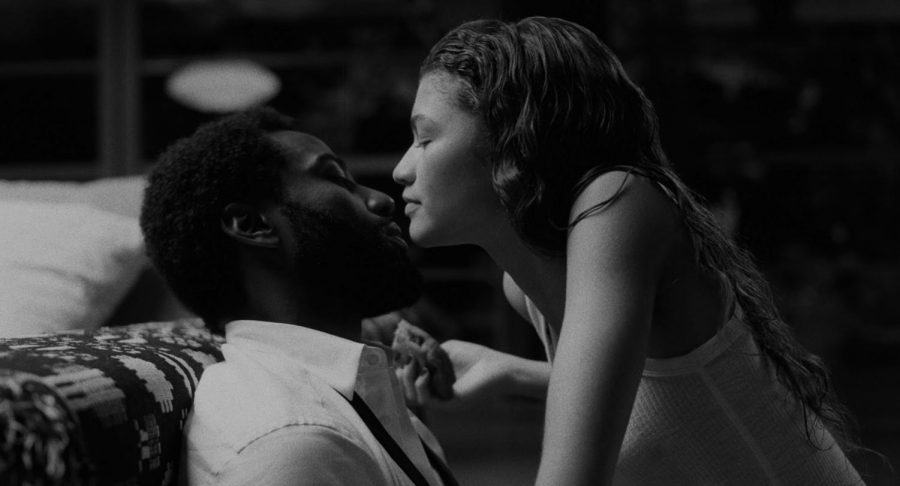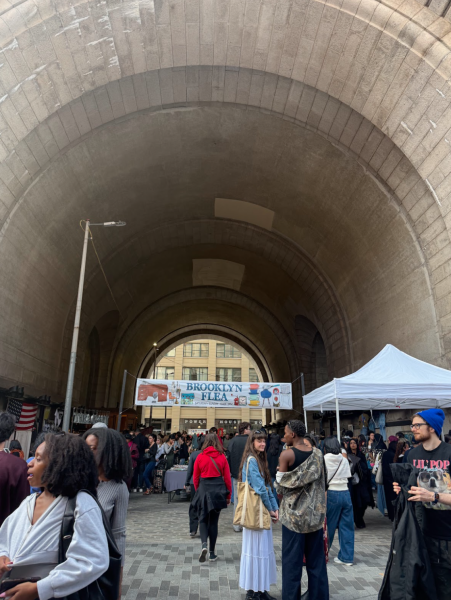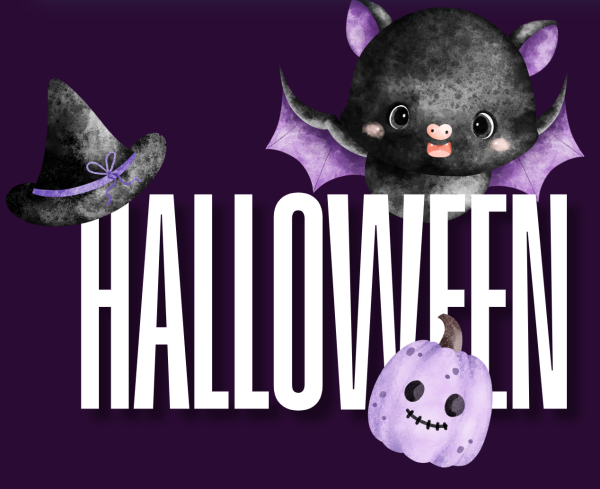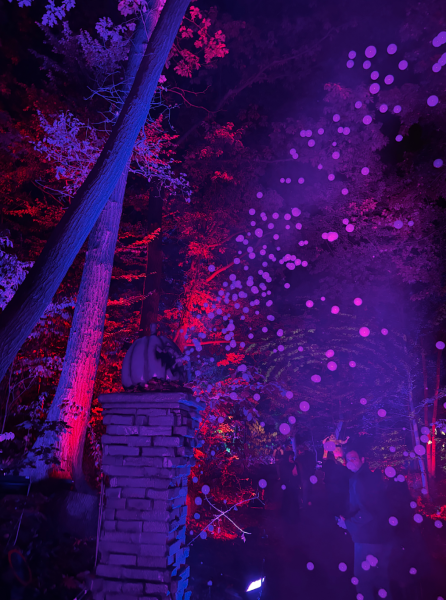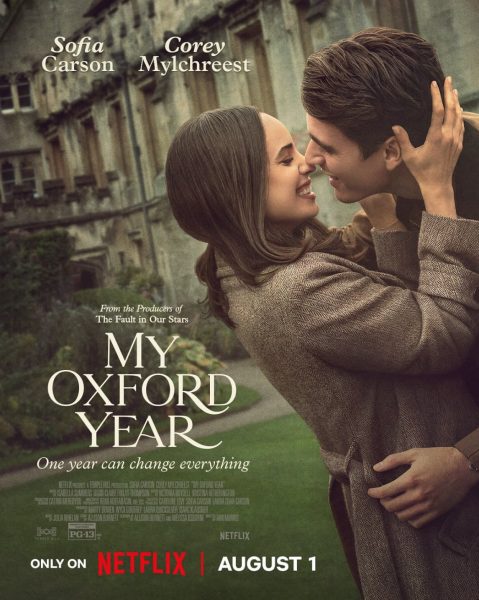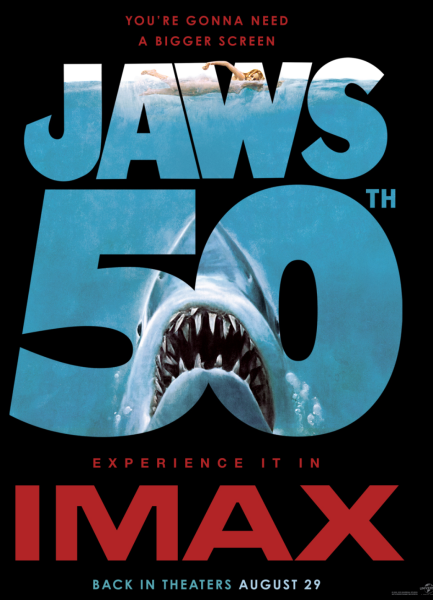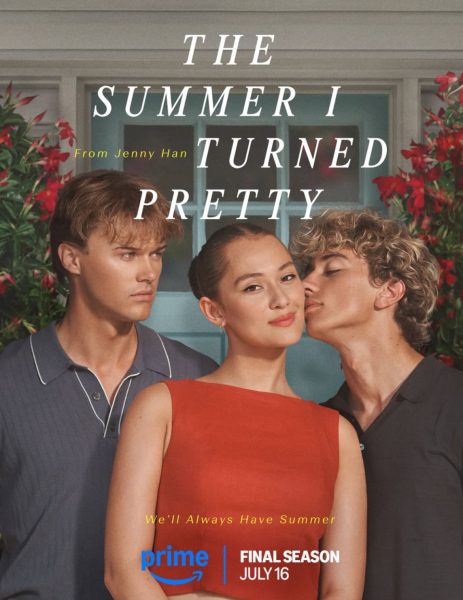“Malcolm & Marie” is Cinematic but Lacking True Depth
Sometimes a film’s biggest downfall is not living up to the hype it has built for itself. “Malcolm & Marie,” written and directed by Sam Levinson and starring Zendaya and John David Washington, falls short of the excitement surrounding it. One of the first films shot during the COVID-19 pandemic, the film was written as a conjoined idea between Levinson and Zendaya, who were attempting to keep busy during quarantine. They developed a story about a man who forgets to thank his girlfriend in his speech at a film premiere and the massive, volatile fight that follows. The continued collaboration between “Euphoria” star Zendaya and creator Levinson, combined with an ongoing controversy over the age gap between the film’s two stars, bolstered the film’s publicity and created high expectations. However, “Malcolm & Marie” fell flat under the pressures of audience anticipation.
Though there is plenty lacking in the film, there is also a lot to compliment. Zendaya gives an incredible performance that solidifies her as a star, if there was still any room to doubt. Although her lengthy monologues are certainly impressive, I found what she didn’t say to be far more compelling- her facial expressions conveyed real emotion that shaped Marie into a character audiences could sympathize with. John David Washington similarly does a fantastic job portraying the less likable Malcolm. Though the character claims to want to enjoy his night, he finds more things to criticize and be angry about than to celebrate, making it more difficult to find sympathy.
The film itself is an obvious love letter to cinema as a whole. The characters refer to notable filmmakers ranging from Billy Wilder to Elaine May to Barry Jenkins, usually incorporating them or their work into their arguments. Though it’s an original script, its plot and characters are reminiscent of “Who’s Afraid of Virginia Woolf?” a 1966 film documenting a night of vicious relationship fighting. “Malcolm & Marie” is carefully crafted, with beautiful cinematography expertly painted across the black-and-white canvas. The shots are combined with delicately choreographed blocking within its one setting- the characters’ home. One shot in particular stands out while watching: the camera stands behind Malcolm as he eats the mac-and-cheese dinner Marie made for him, yelling at her from across the house, and the audience sees only Malcolm’s reflection. This shot sets the tone for this character– Malcolm’s tangents and tirades throughout the film are far more centered around himself and his own insecurities than anyone else.
While the film is beautiful and the actors do a terrific job with the script they were given, there are a number of points where the movie struggled. The concept of the film is drowned in self-reflexivity on behalf of writer/producer/director Sam Levinson, as the main character follows the same occupation . It’s difficult not to wonder how personal and h true some of the things that are said in the film are. In fact, Levinson admits that the premise of the film came from his own experience after forgetting to thank his wife in a speech following his film, “Assassination Nation.” It is harder to empathize with the anger Malcolm has towards the media industry when one imagines it is coming from Levinson, who has found enormous success and critical acclaim for his television and film work over the past few years.
Though the film is clearly a reflection of some sort of personal experience or subconscious of its creator, the characters, specifically in their dialogue, often lack realism. There came a point where I asked myself how either Malcolm or Marie had the energy to be performing complicated, eloquently crafted speeches at two in the morning. Their monologues border on superfluous, and their word choice becomes pedantic at times. The venom they have toward each other seems to be the only thing energizing them, as if they both hope their fight will never end. Because their past is mentioned in a cursory fashion and the audience is only privy to their toxic, hostile side, it is hard to understand where the love they have for each other comes from.
While I certainly don’t regret watching the film, I wouldn’t go out of my way to recommend it.. The acting, cinematography and blocking of the film are truly impressive, but the characters, dialogue and plot are not of the caliber one might have expected from the film. It raises interesting questions about the relationship between art and inspiration, and about the role identity plays in creation, but these questions remain unanswered and underappreciated in favor of the character’s cruel and constant sparring.





































































































































































































